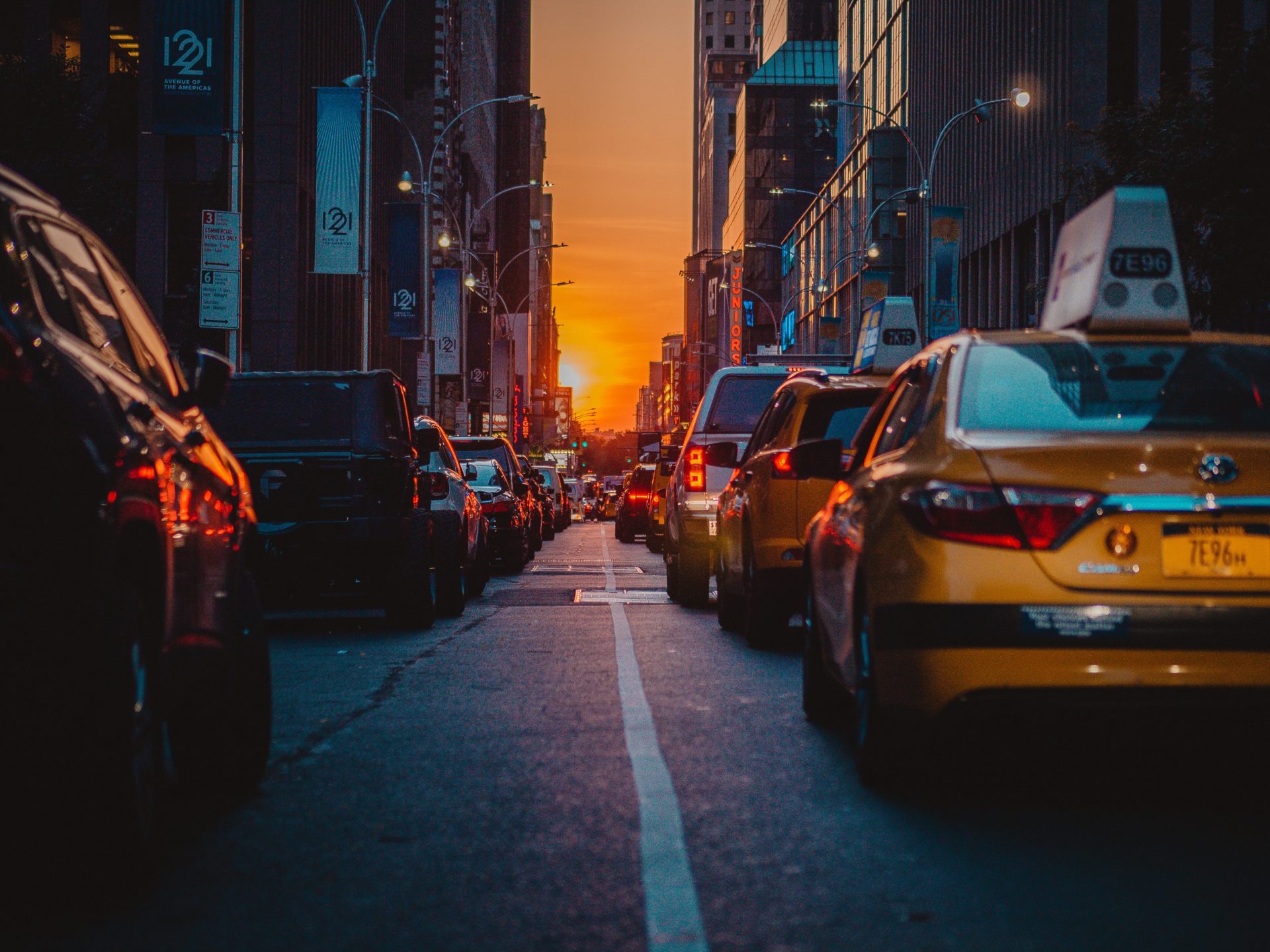
Integrative Health and the Impact of Sound
Did you know that sound can profoundly affect our health?
The answer is a profound “Yes”. We are not just referring to extremely loud noises causing ear damage, rather we are talking about the common noise we hear around on a daily basis.
Consistent elevated sound can impact our physical and psychological health. There is a spectrum of sound and therein a spectrum of its impact on our own health.
Some environmental and even work related sounds can cause damage to our hearing. However, common and consistent air pollution also has less noticeable but still severe impacts. Goines and Hagler (2007) says that, “Environmental noise pollution, a form of air pollution, is a threat to health and well-being. It is more severe and widespread than ever before.”
They state that noise pollution is a continually growing problem, especially with the growth of urbanization and population growth. With so many people living in cities and hearing noise pollution on a regular basis, noise pollution is a real concern.
Elevated environmental noise can lead to hypertension, heart disease and sleep disturbance (Münzel, 2018; Kerns, 2018). Likewise, it can result in changes in our immune system and even birth defects (Passchier-Vermeer W, 2000).
This leaves one to wonder exactly why are low level noises an actual problem to our health and wellbeing. The answer lies in the fact that the low level noises are actually affecting us on a subconscious level that then causes an internal cascade of bodily reactions.
Even those noises that are not perceived consciously as dangerous are subconsciously. This causes the body to respond in the fight or flight mode, which causes “nervous, hormonal, and vascular changes” (Goines & Hagler, 2007).
For those of you living in NYC, we highly recommend finding ways to block out the New York City sounds. One of the simplest ways to do that is to buy some sufficient ear protection such as ear plugs or better yet some noise-cancelling headphones. Wear these on your commute to work. This should block one of the most significant sounds we hear in the city, transit noises.
Additionally, take care to reduce any noises that may be occuring during the night. This way you will have truly restful sleep and your body will not transition into fight or flight mode.
Lastly, it is not easy to combat the ever consistent noise pollution. We recommend considering integrative approaches to health such as acupuncture, food and supplements to help balance out your hormones and other internal impacts that are spiked from even low grade sound pollution.
References
Goines, L., & Hagler, L. (2007). Noise pollution: a modern plague. SOUTHERN MEDICAL JOURNAL-BIRMINGHAM ALABAMA-, 100(3), 287.
Kerns E., Masterson E.A., Themann C.L., & Calvert G.M. ( 2018). Cardiovascular conditions, hearing difficulty, and occupational noise exposure within US industries and occupations. American Journal of Industrial Medicine. 61 (6): 477–491. doi:10.1002/ajim.22833. PMID 29537072.
Münzel T., Schmidt F.P., Steven S., Herzog J., Daiber A., & Sørensen M. (2018). “Environmental Noise and the Cardiovascular System”. Journal of the American College of Cardiology. 71(6): 688–697. doi:10.1016/j.jacc.2017.12.015. PMID 29420965.
Passchier-Vermeer W. & Passchier W.F. (March 2000). Noise exposure and public health. Environmental Health Perspectives. 108 (Suppl 1): 123–31. doi:10.1289/ehp.00108s1123. JSTOR 3454637. PMC 1637786. PMID 10698728.


